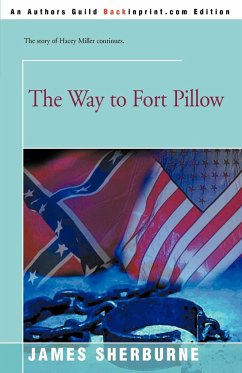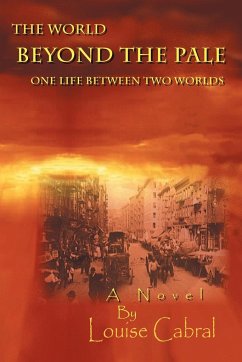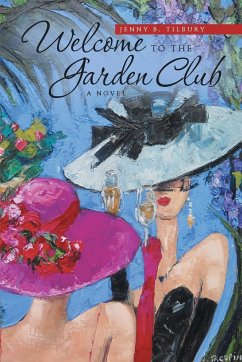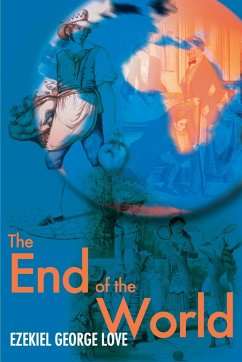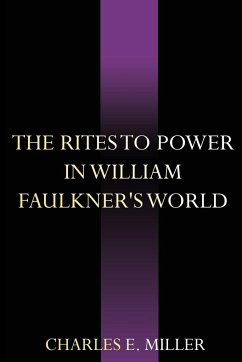
The Rites to Power in William Faulkner's World
Versandkostenfrei!
Versandfertig in 1-2 Wochen
14,99 €
inkl. MwSt.

PAYBACK Punkte
7 °P sammeln!
This cogent, magnificent entre into the lives of the powerful Southern Whites in ante-bellum slavery days is the most revealing when it begins with the planter's plantation and his pillared mansion, a fawning adaptation of Greek temple pillars in a similar slave society. "One of the central images in Falkner's work, his short stories and his novels alike, is the impressive structure of colonial and quasi-Greek architecture, which whites and blacks called "the big house."" It was the seat to the life that Sutpen tore from the North Mississippi wilderness. Thus begins the book... "In all, the pl...
This cogent, magnificent entre into the lives of the powerful Southern Whites in ante-bellum slavery days is the most revealing when it begins with the planter's plantation and his pillared mansion, a fawning adaptation of Greek temple pillars in a similar slave society. "One of the central images in Falkner's work, his short stories and his novels alike, is the impressive structure of colonial and quasi-Greek architecture, which whites and blacks called "the big house."" It was the seat to the life that Sutpen tore from the North Mississippi wilderness. Thus begins the book... "In all, the plantation house supplied beauty amidst the social decay and moral corruption endured by the South after the war." With similar penetration, Miller explores those iconic symbols and social practices that conferred an almost indestructible power upon whites in the South, particularly the Planter class, that involved family and clan, blood, social mores, taboos, slavery, and conquest of the wilderness... among other rites and power-generating influence. This book is well-documented, with copious references to the man's work, an illustrious writer for a region and a time, as was Mark Twain. The reader can no more dismiss Faulkner as a provincial and regional than he can Twain, or for that matter New Englanders Howells and Dickinson, or Stephen Crane and Hemmingway. Regionalism is inherently a part of their work, as it is Faulkner's. This book makes a scholarly contribution to the study of an experimental write (The Bear) and a great regional American writer.









